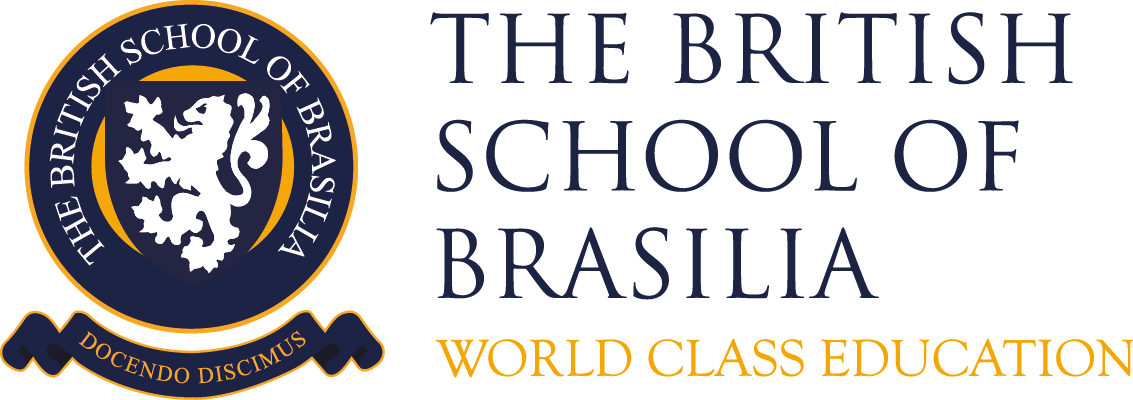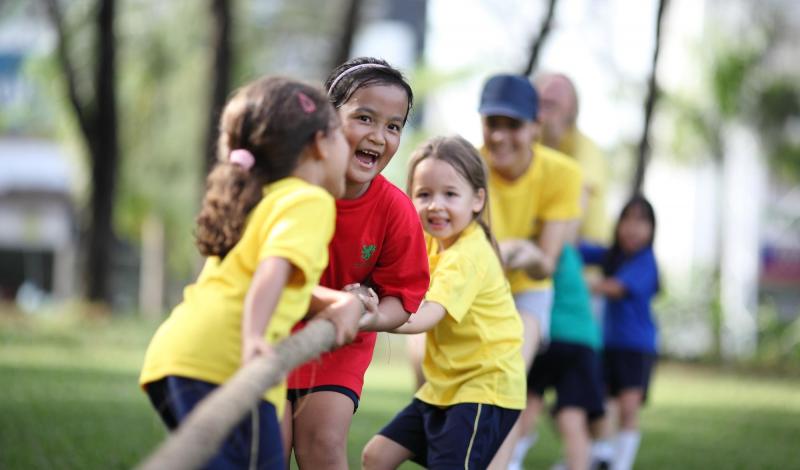Why is Music important?
Music has flourished among all of the most developed civilizations in our history, and has been a central point of discussion among intellectuals, philosophers, and scientists. In BSB, the Music curriculum is carefully planned to meet the highest standards for a complete and thorough Education. We are about to explore how music making is viewed in the school, and shed some light as to why music is such a crucial part of our education.
“Music is a moral law. It gives a soul to the universe, wings to the mind, flight to the imagination, a charm to sadness, and life to everything. It is the essence of order, and leads to all that is good, just and beautiful, of which it is the invisible, but nevertheless dazzling, passionate, and eternal form.” - Plato
First and foremost, we study music because music is good. Scientific research has uncovered the widest variety of positive effects in one’s life, from reading and mathematics all the to disease prevention, but the main reason we study Music is because it provides us with experiences and sensations that no other form of art or communication can provide. In BSB we see music as a powerful tool for personal development: establishing a deeper connection with the musical world means enriching one’s interior self, developing confidence and creativity, while also encouraging moral behavior.
Educating through Music
Group practise is in the core of our music curriculum, in addition to choir, we have given our primary students the opportunity to learn the basics of Musical instruments with our PIPs (Primary Instrumental Program). One of the most prominent musical figures of our time, Daniel Barenboim, points out that “The child that learns early on to really make music, learns about integration, learns about how all the different elements are connected.” This concept transcends the common view of musical education, as the child that knows about the importance of all the different elements in music can apply this principle to their routine, developing a clear understanding of their roles and responsibilities as well as the importance of cooperation. This perception of educating through music has also been a central point in the study of ethics and virtue in classical philosophy, as Socrates, cited in Plato’s republic points: “Musical training is a more potent instrument than any other, because rhythm and harmony find their way into the inward places of the soul…”.
The PIPs Program
From Years one through five, our students are assigned to one instrument that fits their main Music content for the term and their age.
Year 1 - Xylophones
Year 2 - Recorders
Year 3 - Keyboards
Year 4 - Ukuleles
Year 5 - Guitars
The starting point of our group instrumental practise is building a very clear mental ‘image’ of Music. Once the student is able to audiate the desired sound, they move on to the instrument. This notion allows students the independence to search for melodic and rhythmic accuracy on their own. Familiar songs such as nursery rhymes, folk songs, and even pop songs for older students are preferable, as, in the early stages of education, being able to draw from familiar repertoire is a useful resource.
Once there is a grasp of his or her part, the student moves on to group practise. Group practise is a true test to one’s abilities to let go of egocentricity to achieve a goal, it is where the students understand through the sonorous result that they cannot play as loud or as fast as they want, that there are some instances they take a leading role and others in which they are required to perform a more subsidiary role. These notions seek to develop higher levels of active and engaged listening, encouraging the student to question if the volume is adequate, if the tempo is right, if he can listen to peers’ parts, and so on.
Musical Training and Learning without Teaching
As for specific musical training, a lot of learning can be achieved without teaching. The student can often fix rhythmic and tuning problems on his or her own, as we encourage students to sing and play simultaneously. This results in students often fixing their own tuning when comparing the sound they sing with the sound produced by their instrument. Similarly, students are often ask to accompany peers that are singing their instrumental part, this allows them to compare if they are keeping beat accurately, and if they are using correct note values, performing rests correctly or breathing in the right time.
These are some of the main reasons why music takes such a central part in BSB. Our staff is constantly encouraging chanting and singing, musical theatre, and chances for our students to perform. This is because, as a learning community, we have a firm belief that practise music not only as a subject area, but as a means to achieve some of our principal goals for education, such as respect, independence, discipline, and growth mindset.



